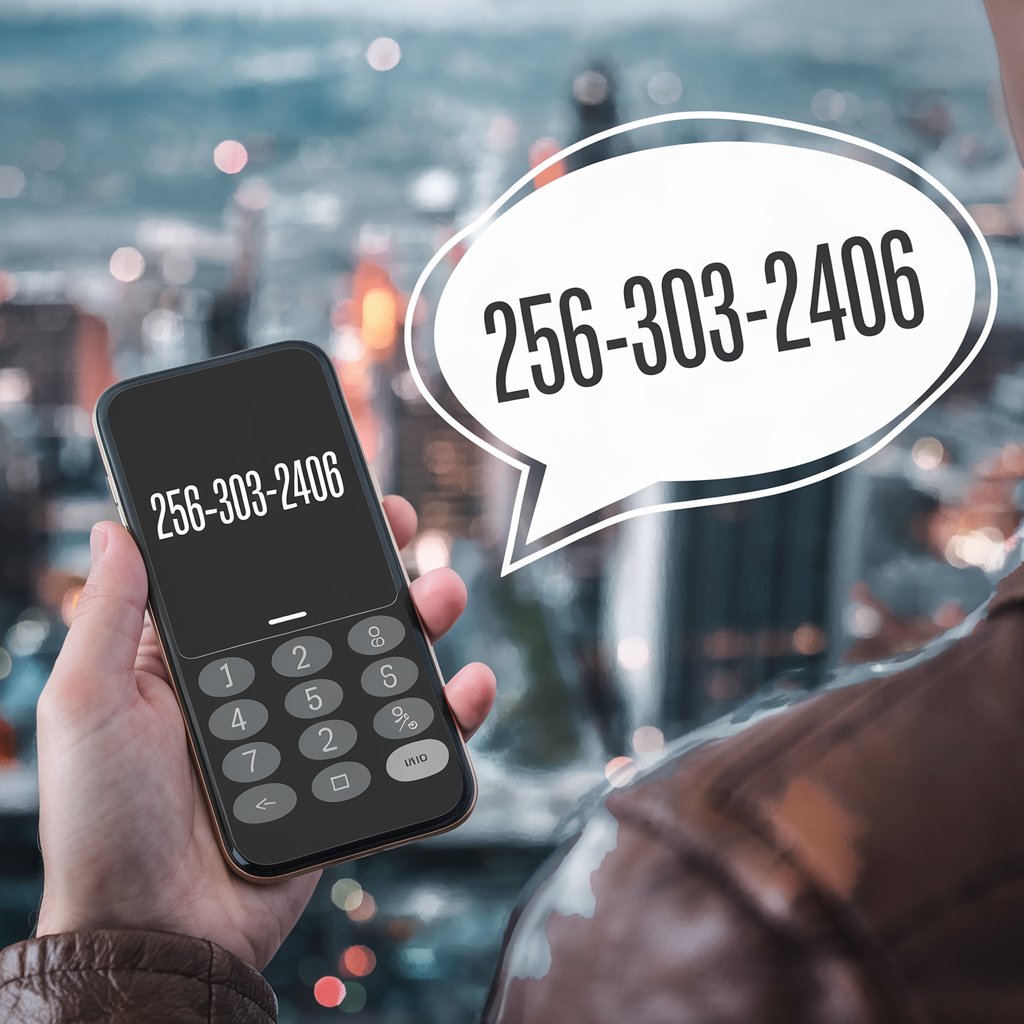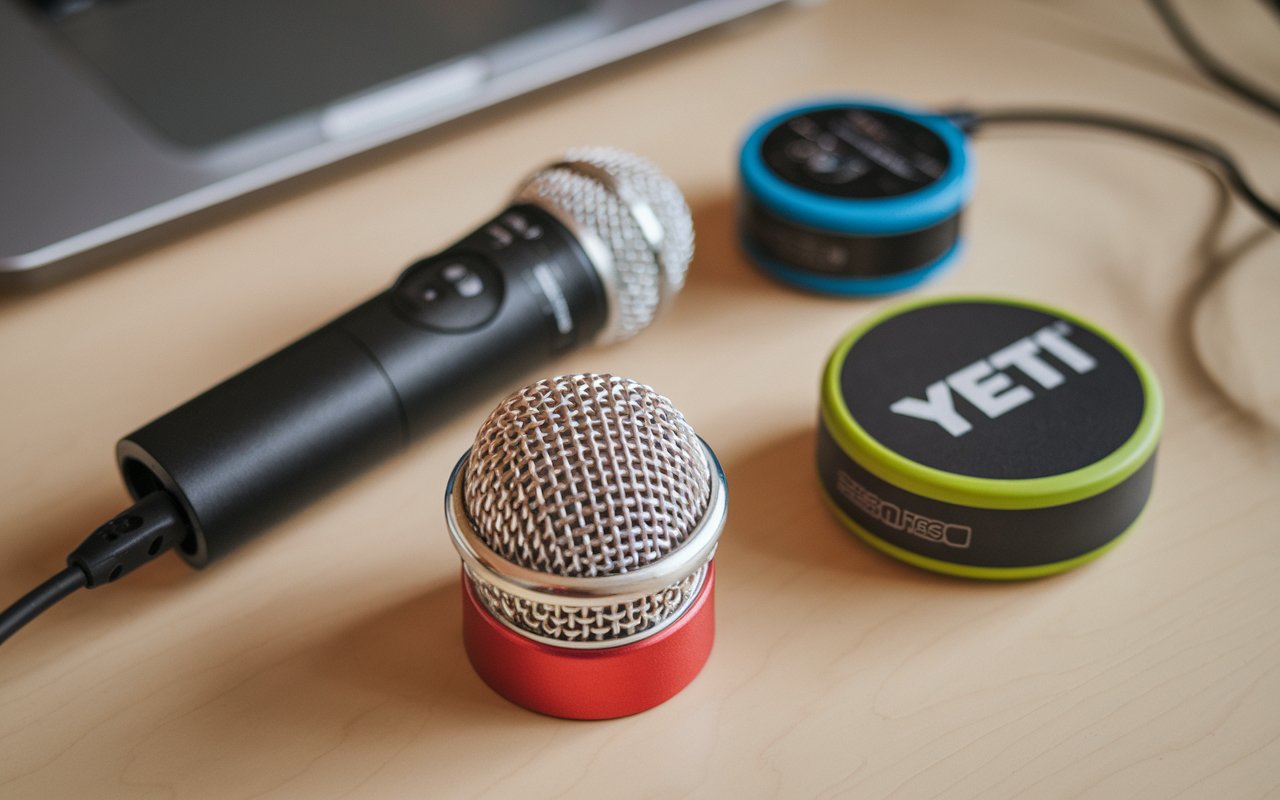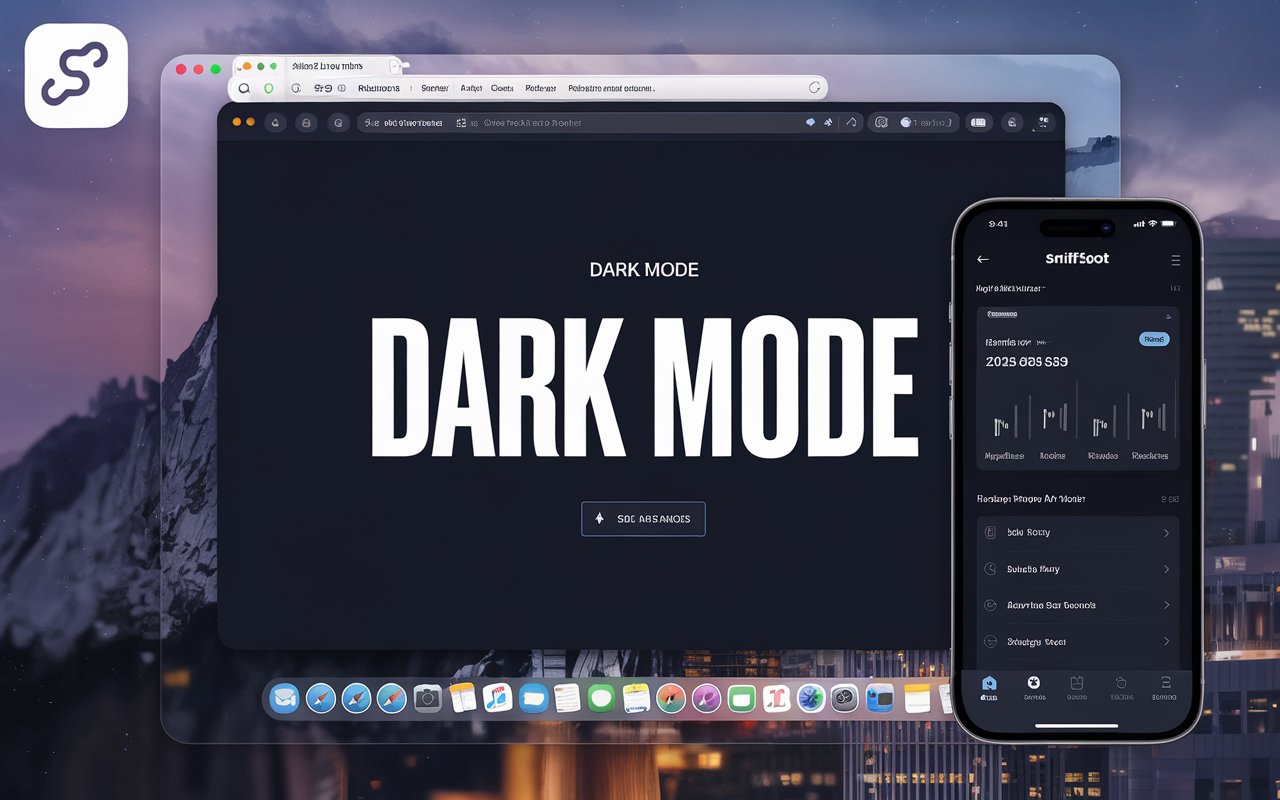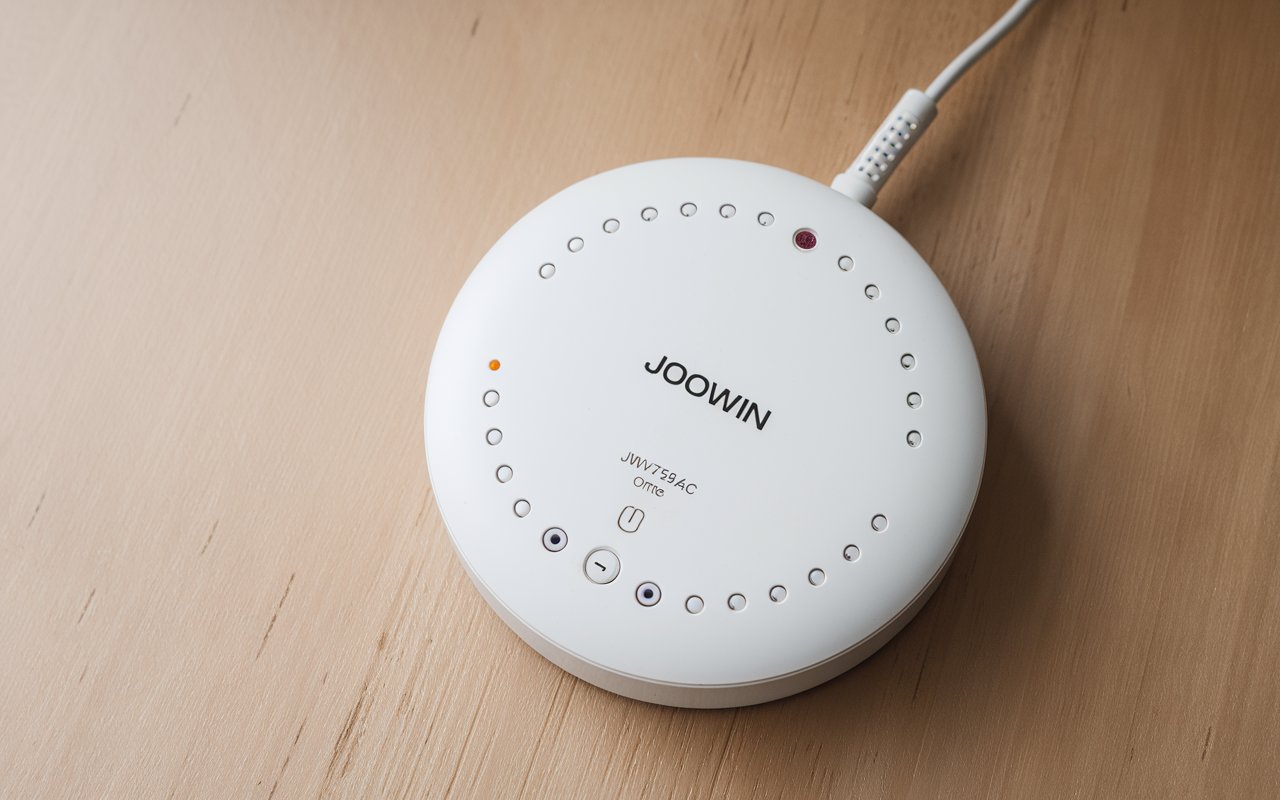In today’s digital age, phone scams are increasingly common, and many people find themselves questioning whether a number is legitimate or not. One such number that has raised concerns is 256-303-2406. With the rise in phone scams, it’s essential to understand how to identify potential scams and protect yourself from fraud. This article will delve into the details surrounding the number 256-303-2406, offering insights, analyses, and practical advice to help you navigate these concerns.
What You Need to Know About Phone Scams?
Phone scams can come in various forms, including fraudulent calls, texts, and voicemails. Scammers often use various tactics to deceive individuals into sharing personal information, making payments, or divulging sensitive details. Understanding the typical characteristics of phone scams can help you identify and avoid them.
Common Characteristics of Phone Scams
- Unsolicited Calls: Scammers often initiate contact without any prior engagement or relationship with the recipient.
- Urgent Language: They use urgent or threatening language to create a sense of panic or urgency.
- Requests for Personal Information: Scammers frequently ask for personal details, such as Social Security numbers, bank account numbers, or credit card information.
- Unverified Numbers: The phone numbers used in scams are often unverified or come from unfamiliar sources.
- Too Good to Be True Offers: Offers that sound too good to be true, such as free prizes or large sums of money, are common scam tactics.
Is 256-303-2406 a Scam?
To determine if 256-303-2406 is a scam, we need to analyze various aspects of the number. Here’s a step-by-step breakdown:
1. Research the Number
Start by performing a reverse phone lookup to see if the number is associated with a reputable organization or individual. Many online tools and databases can help you verify the legitimacy of a phone number. If the number is linked to known businesses or institutions, it is more likely to be legitimate.
2. Check for Reviews and Complaints
Look for reviews or complaints about the number online. Websites such as the Better Business Bureau (BBB) or forums like Reddit often have discussions about scam numbers. If 256-303-2406 appears frequently in complaints or discussions about scams, it could indicate a potential scam.
3. Analyze the Call or Message Content
If you receive a call or message from 256-303-2406, pay attention to the content. Scammers often use specific tactics, such as:
- Claiming to Be from a Government Agency: Fraudsters may pose as government officials to intimidate you.
- Offering Unsolicited Prizes or Rewards: Be wary of unsolicited offers or prizes, especially if you haven’t participated in any contests or promotions.
- Requesting Immediate Action: Calls that pressure you to act quickly are often scams.
4. Verify the Caller’s Identity
If the caller claims to represent a legitimate organization, ask for their contact information and verify it through official channels. For example, if they claim to be from a bank, contact your bank directly using their official contact details to confirm the legitimacy of the call.
5. Consult with Relevant Authorities
If you suspect that 256-303-2406 is a scam, report it to relevant authorities such as the Federal Trade Commission (FTC) or the Federal Communications Commission (FCC). They can provide guidance and may take action against fraudulent numbers.
Best Practices for Protecting Yourself from Phone Scams
1. Do Not Share Personal Information
Never share personal information, such as Social Security numbers, bank details, or credit card information, over the phone unless you are certain of the caller’s identity and legitimacy.
2. Use Call Blocking Tools
Many smartphones and telecommunication services offer call-blocking features that can help filter out potential scam calls.
3. Be Skeptical of Unknown Numbers
If you receive a call from an unknown number, be cautious. If the caller cannot provide verifiable information or pressures you to act quickly, it is better to hang up and verify the caller through official channels.
4. Educate Yourself About Scams
Stay informed about the latest scam tactics and trends. Awareness can help you recognize and avoid potential scams more effectively.
5. Report Suspicious Activity
Reporting suspicious calls or messages to the authorities can help prevent others from falling victim to similar scams.
Conclusion
In conclusion, the number 256-303-2406 raises concerns due to the increasing prevalence of phone scams. While it might be legitimate, it’s crucial to approach it with caution. Always verify the identity of callers, especially when they request personal information or create a sense of urgency. Utilize reverse phone lookup services and consult reviews or complaints to assess legitimacy. Adopting best practices like call-blocking tools and staying informed about scam tactics can significantly enhance your protection. If in doubt, report suspicious numbers to relevant authorities. Protecting yourself from potential scams involves vigilance and proactive measures.
Frequently Asked Questions (FAQs)
1. What should I do if I receive a suspicious call from 256-303-2406?
If you receive a suspicious call from 256-303-2406, do not share personal information. Hang up and verify the caller’s identity through official channels.
2. How can I verify if a phone number is associated with a legitimate organization?
Use reverse phone lookup services and check for reviews or complaints about the number online.
3. What are the common signs of a phone scam?
Common signs include unsolicited calls, urgent language, requests for personal information, unverified numbers, and too-good-to-be-true offers.
4. How can I protect myself from phone scams?
Do not share personal information, use call-blocking tools, be skeptical of unknown numbers, educate yourself about scams, and report suspicious activity.
5. Who should I report a suspicious phone number to?
Report suspicious phone numbers to the Federal Trade Commission (FTC) or the Federal Communications Commission (FCC).





